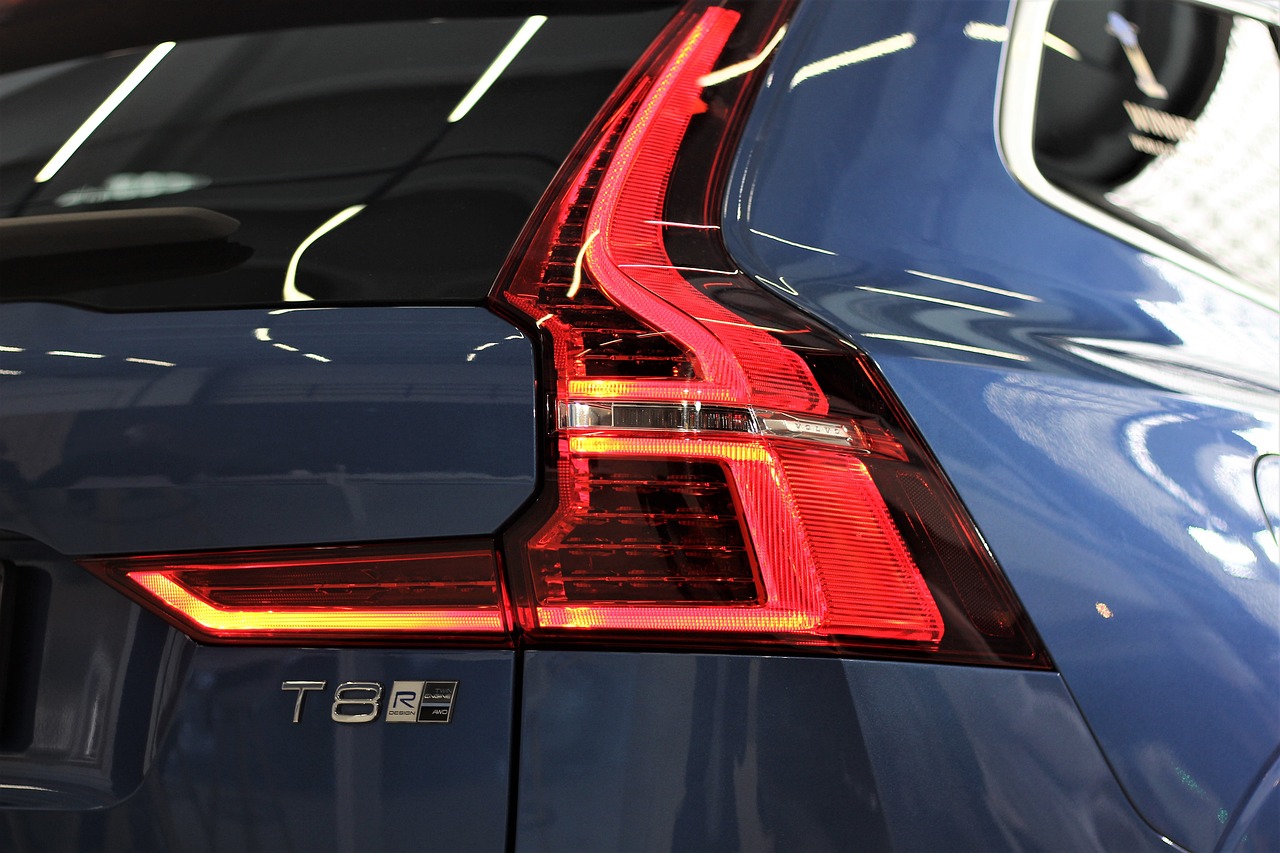Exploring the Potential of AI-Powered Car Manufacturing Quality Control
AI technologies are revolutionizing the way quality control processes are managed in car manufacturing. With the ability to analyze vast amounts of data and identify defects with precision, AI systems can significantly improve the efficiency and accuracy of quality control inspections on the production line. By automating repetitive tasks that were previously carried out manually by human workers, AI can streamline the entire quality control process, leading to faster detection of defects and higher overall product quality.
The implementation of AI-powered quality control systems also enables car manufacturers to detect potential issues at an early stage, preventing defects from reaching the final stages of production. This proactive approach helps to reduce rework and repair costs while increasing overall customer satisfaction with the final product. Furthermore, AI systems can continuously learn and adapt to new information, improving their accuracy and effectiveness over time.
• AI technologies revolutionizing quality control processes in car manufacturing
• Analyzing vast amounts of data to identify defects with precision
• Automating repetitive tasks previously done manually by human workers
• Streamlining quality control process for faster defect detection and higher product quality
• Early detection of potential issues to prevent defects from reaching final stages of production
• Reducing rework and repair costs while increasing customer satisfaction
• Continuous learning and adaptation capabilities improving accuracy and effectiveness over time
Challenges Faced by Traditional Quality Control Methods in Car Manufacturing
Traditional quality control methods in car manufacturing face several challenges that can impact the overall efficiency and effectiveness of the process. One common issue is the reliance on manual inspections, which are time-consuming and prone to human error. This can result in inconsistencies in identifying defects and meeting quality standards, ultimately leading to increased rework and production delays.
Another challenge is the limited scalability of traditional quality control methods to meet the demands of modern car manufacturing processes. As production volumes increase and complexity grows, it becomes more challenging for human inspectors to keep up with the pace and ensure consistent quality across all vehicles. This can hinder the ability to detect defects early in the production process and address them before they escalate into more significant issues downstream.
Benefits of Implementing AI-Powered Quality Control in Car Manufacturing
Implementing AI-powered quality control in car manufacturing offers a range of benefits to companies in the industry. One significant advantage is the increased accuracy and efficiency in identifying defects in the production process. AI systems can analyze vast amounts of data quickly and effectively, leading to more precise detection and resolution of issues that may occur during manufacturing.
Moreover, AI-powered quality control can enhance overall production quality by providing real-time monitoring and analysis of every step in the manufacturing process. This continuous monitoring allows for immediate adjustments to be made, reducing the likelihood of producing faulty vehicles and ultimately improving the final product’s quality. By leveraging AI technology in quality control processes, car manufacturers can streamline operations, increase productivity, and ultimately enhance customer satisfaction.
How does AI help in automating quality control processes in car manufacturing?
AI can analyze large volumes of data quickly and accurately, identifying defects or anomalies in the manufacturing process that may be missed by human inspectors.
What are the challenges faced by traditional quality control methods in car manufacturing?
Traditional quality control methods can be time-consuming, labor-intensive, and prone to human error. They may also struggle to keep up with the complexity and scale of modern car manufacturing processes.
What are some benefits of implementing AI-powered quality control in car manufacturing?
Some benefits include improved accuracy and efficiency in defect detection, reduced labor costs, increased production speed, and enhanced overall product quality.
How can AI-powered quality control improve the overall production process in car manufacturing?
By identifying defects early in the production process, AI-powered quality control can help prevent costly rework or recalls, leading to higher customer satisfaction and brand reputation.







